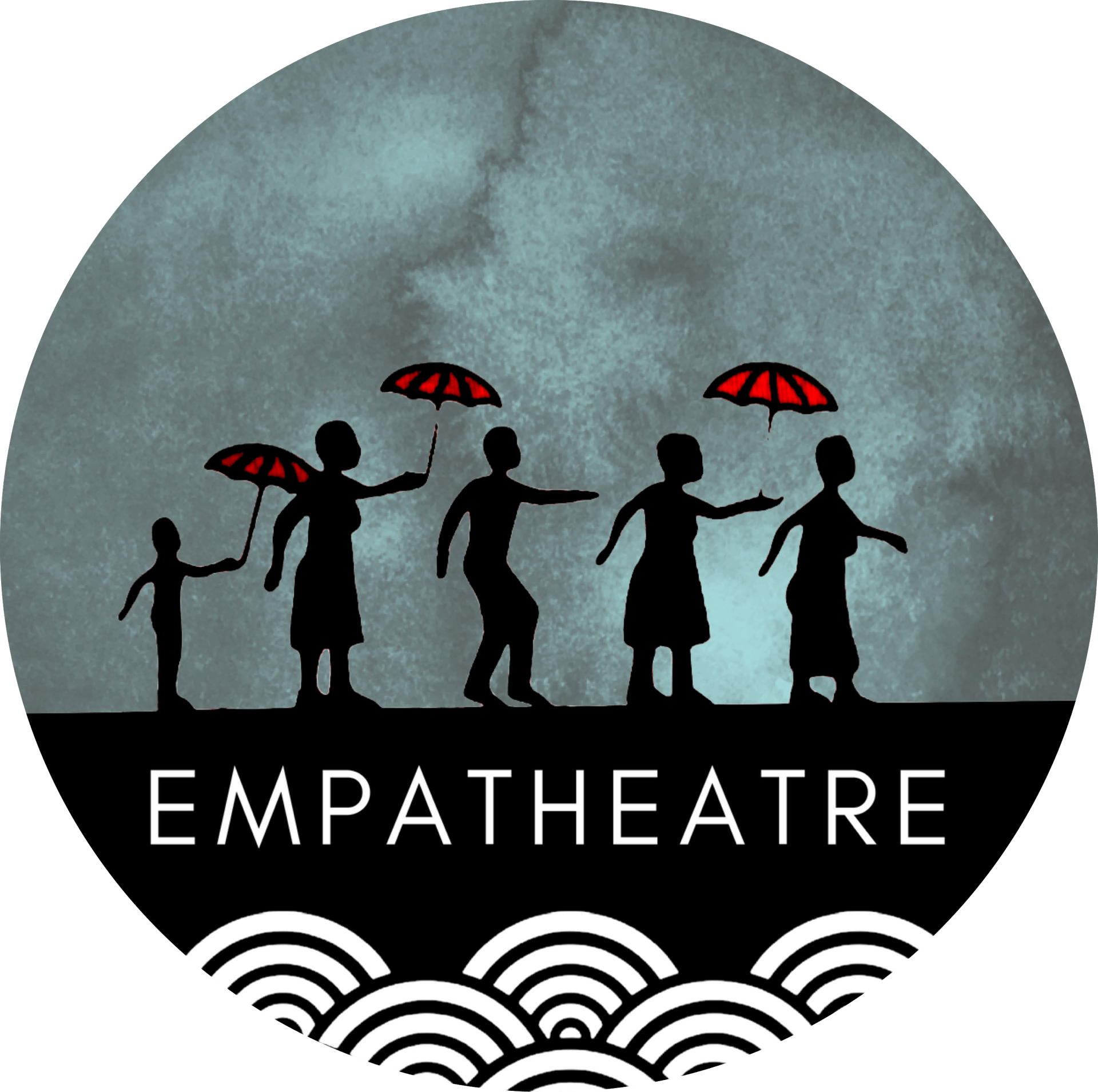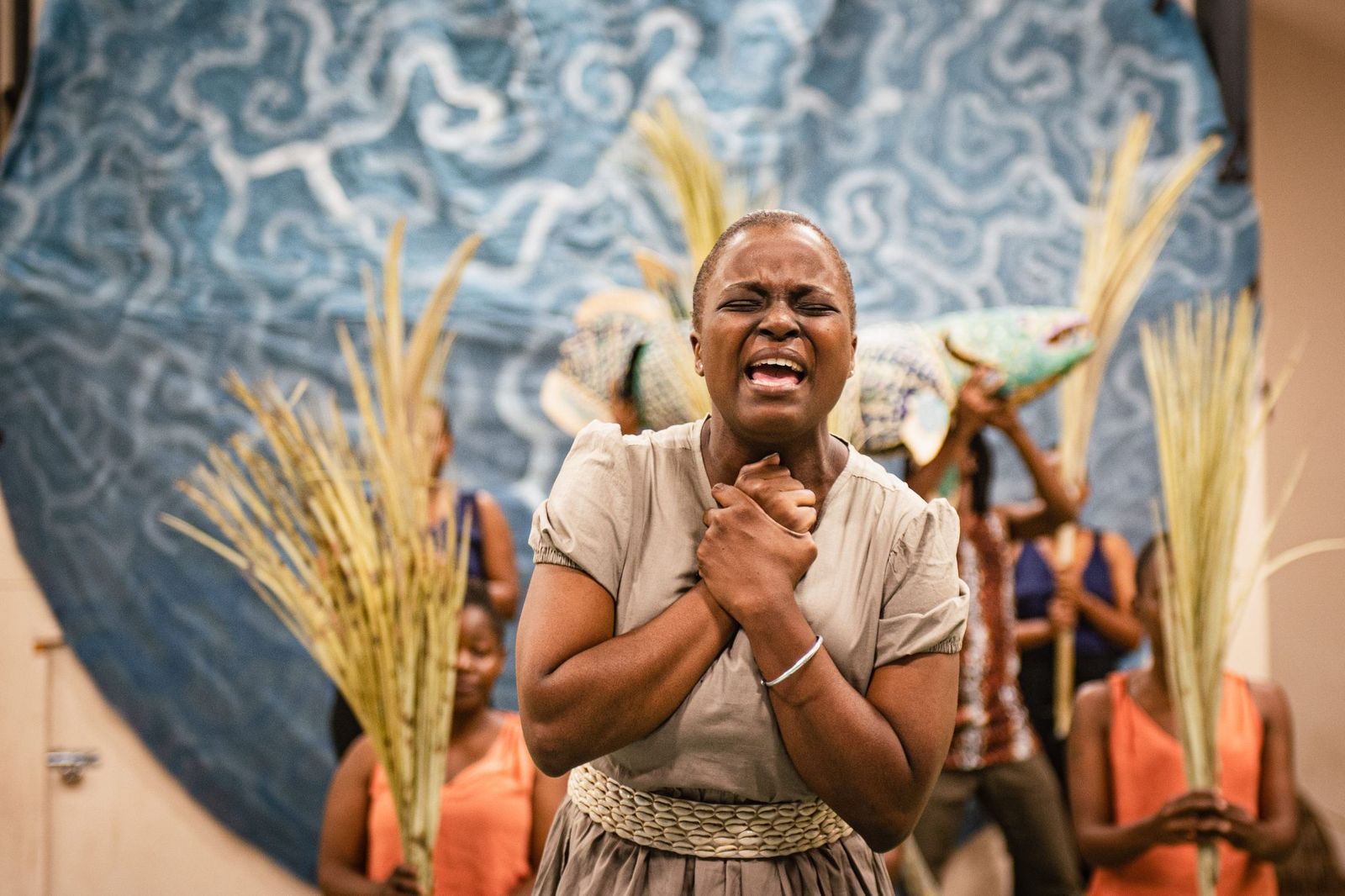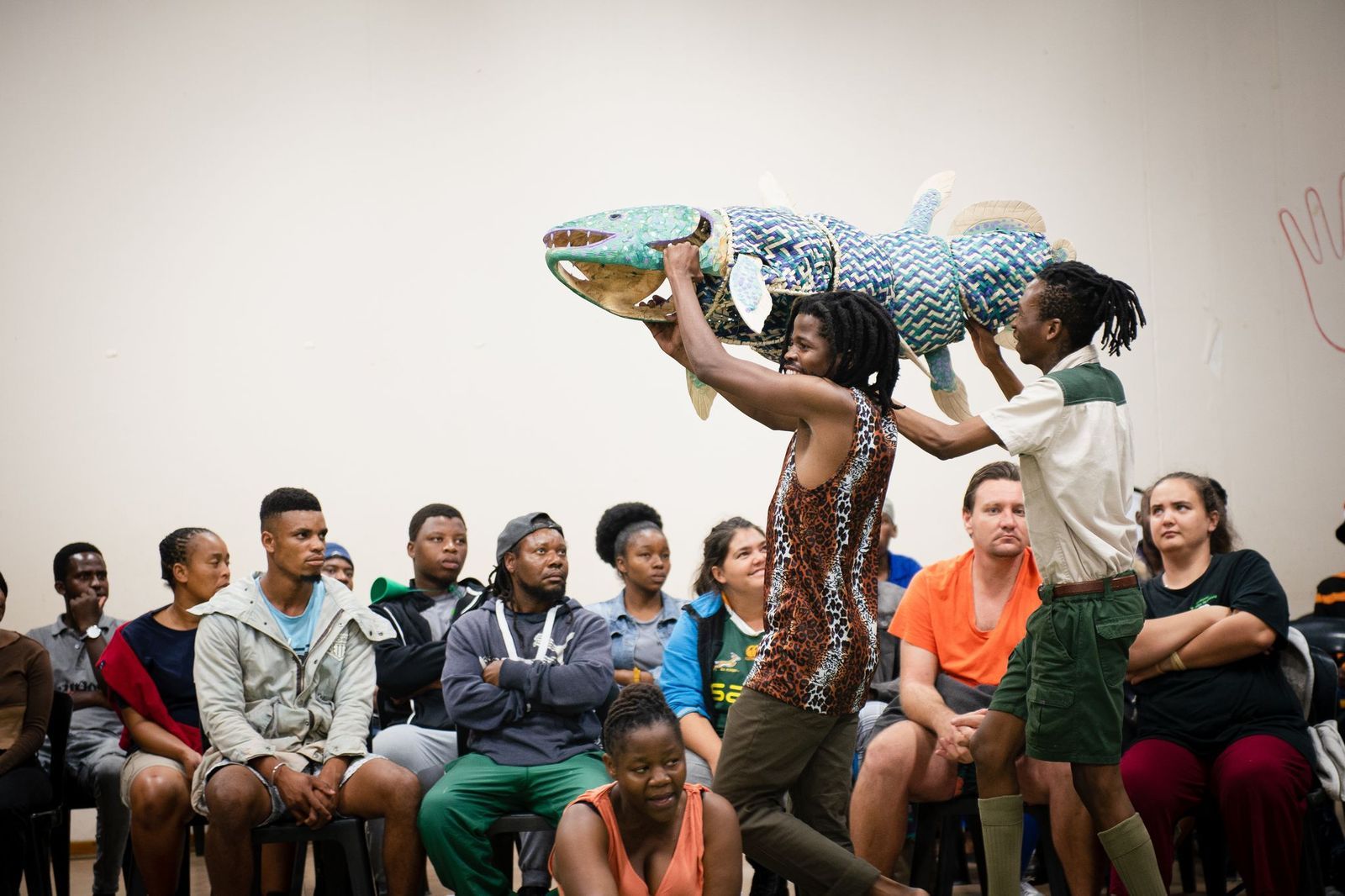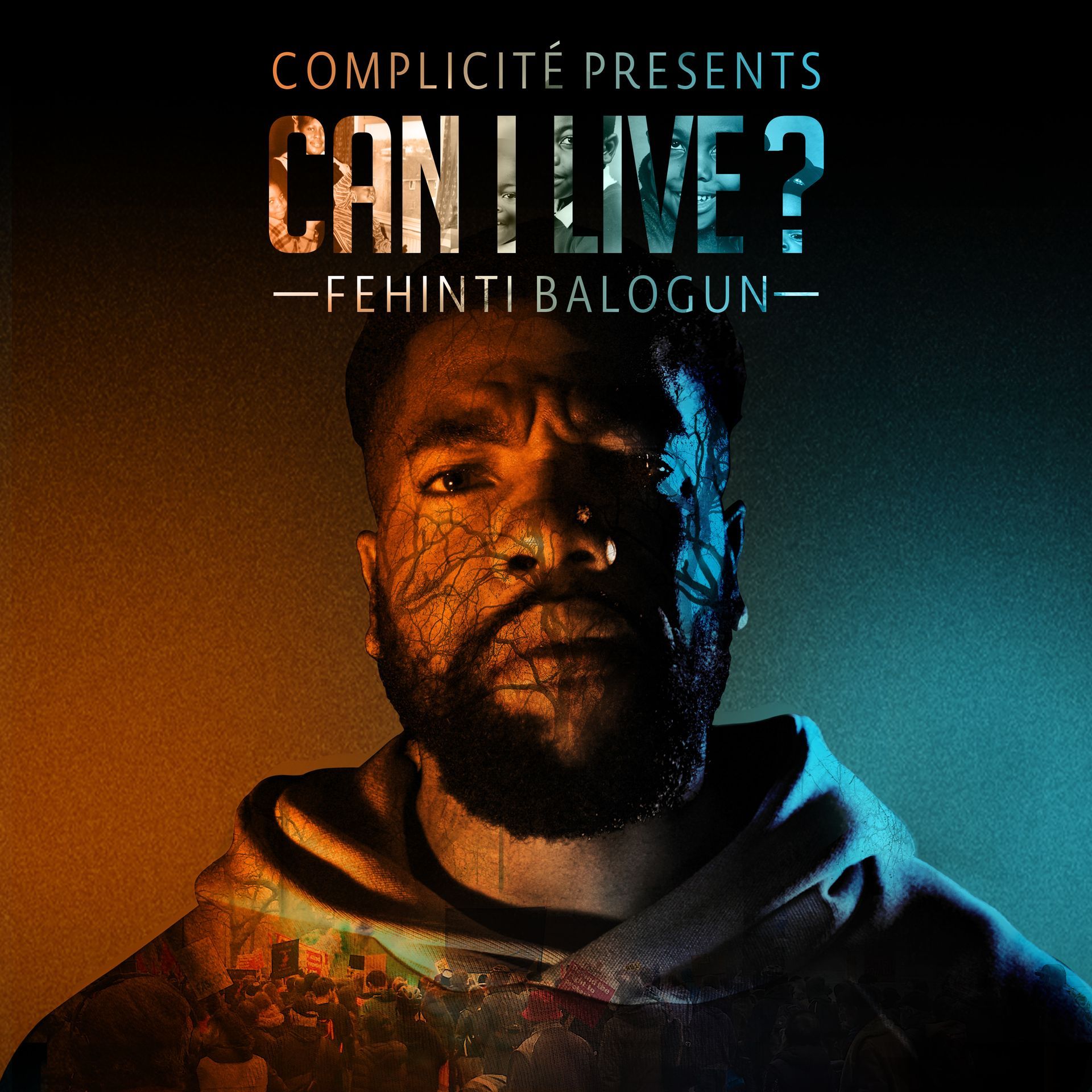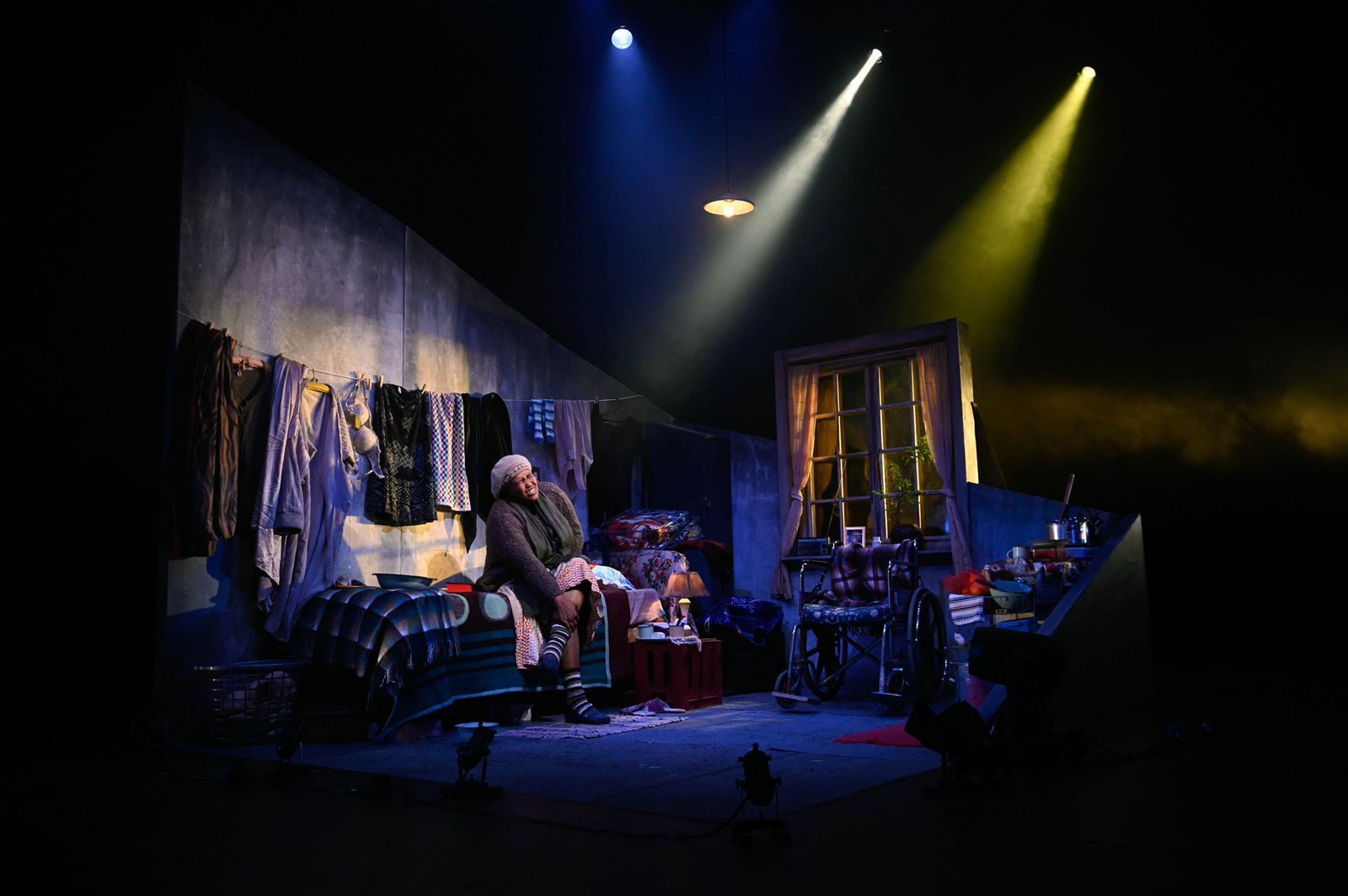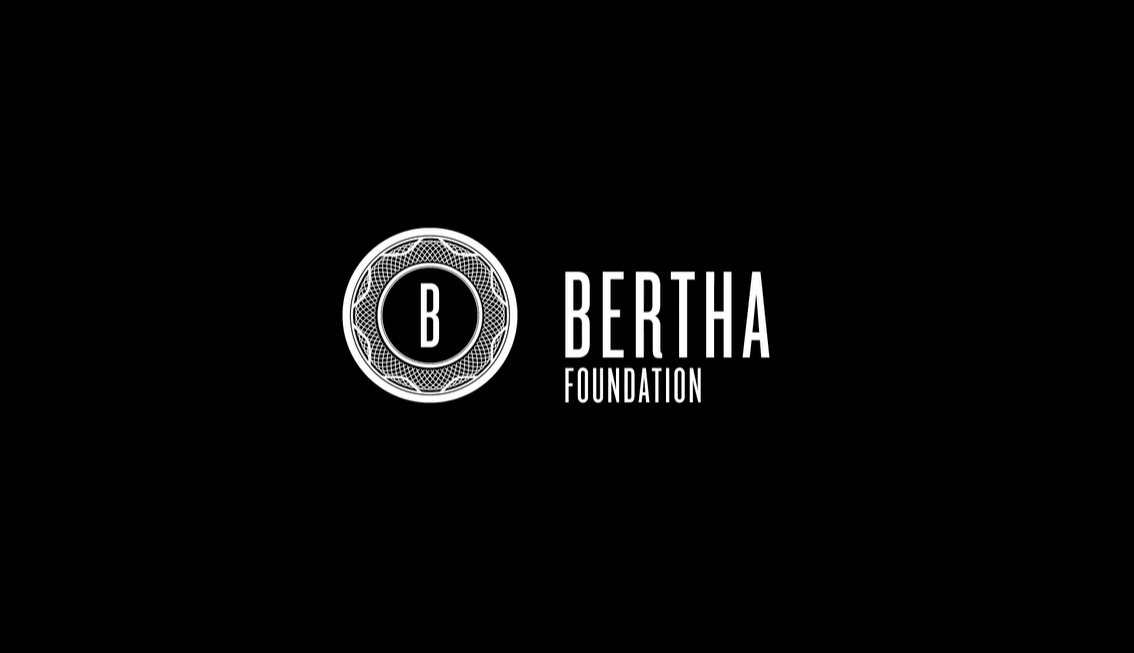Restoring Lost Histories and Memories
In a region marked by the legacies of apartheid, certain perspectives and histories have been marginalized in decision-making processes. Umkhosi Wenala aimed to re-map these lost histories and memories by placing the leadership in the hands of KZN youth. Through interviews and stories of co-collaborators on the theatre project, such as Dr. Philile Mbata, Mpume Mthombeni, Spha Mzobe and Mbali Ntuli, the film explores how the production was created as a means of amplifying the untold stories from the region.
The film explores how, over a period of 18 months, the team set out to listen to stories of elders, youth and everyone in between in Northern KZN to surface the rich and diverse histories of this region. With the legacies of apartheid, many perspectives and histories had been excluded in decision making, and this play set out to re-map these lost histories and memories alongside the leadership of KZN youth.
From out of the research, the team created a 60 minute musical (told in isiZulu and English) which tells the story of two twins, a brother Nkosana and sister Makhosazana who inherit a kingdom after the disappearance of their mother, a queen, said to have drowned in the ocean. The two Nkosi’s, destined to rule together, are divided by circumstance and political forces beyond their control. After two decades of betrayal and conflict between their competing kingdoms, the situation further escalates with the arrival of a fence which cuts the communities off from their village and resources and resurfaces past tensions and new resentments. The production weaves together many relevant moments from the last century of Northern Zululand’s history and uses humour, pathos, satire, ritual and music to tell its story.
The musical, performed in both isiZulu and English, revolved around the story of twin siblings, Nkosana and Makhosazana, who inherit a kingdom and face division, political forces, and past tensions. Umkhosi Wenala skillfully weaved together relevant moments from Northern Zululand's history, utilizing humour, pathos, satire, ritual, and music to convey its narrative.
